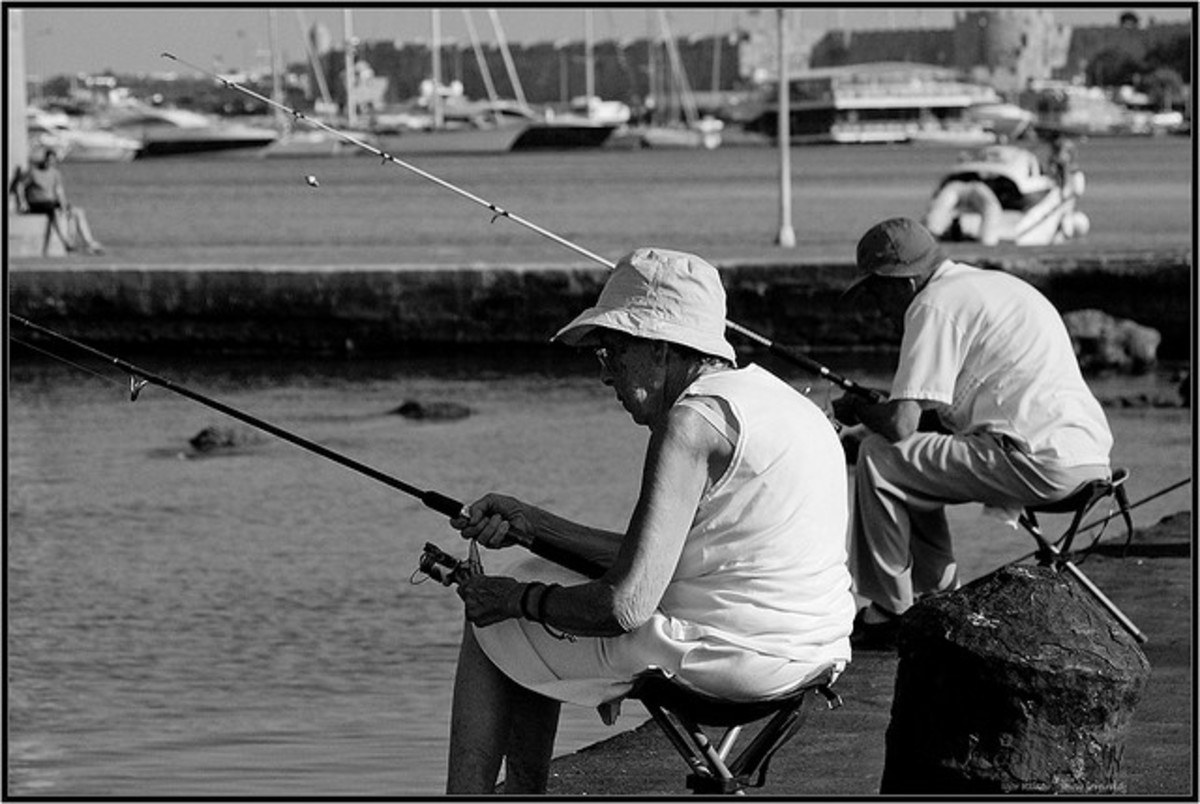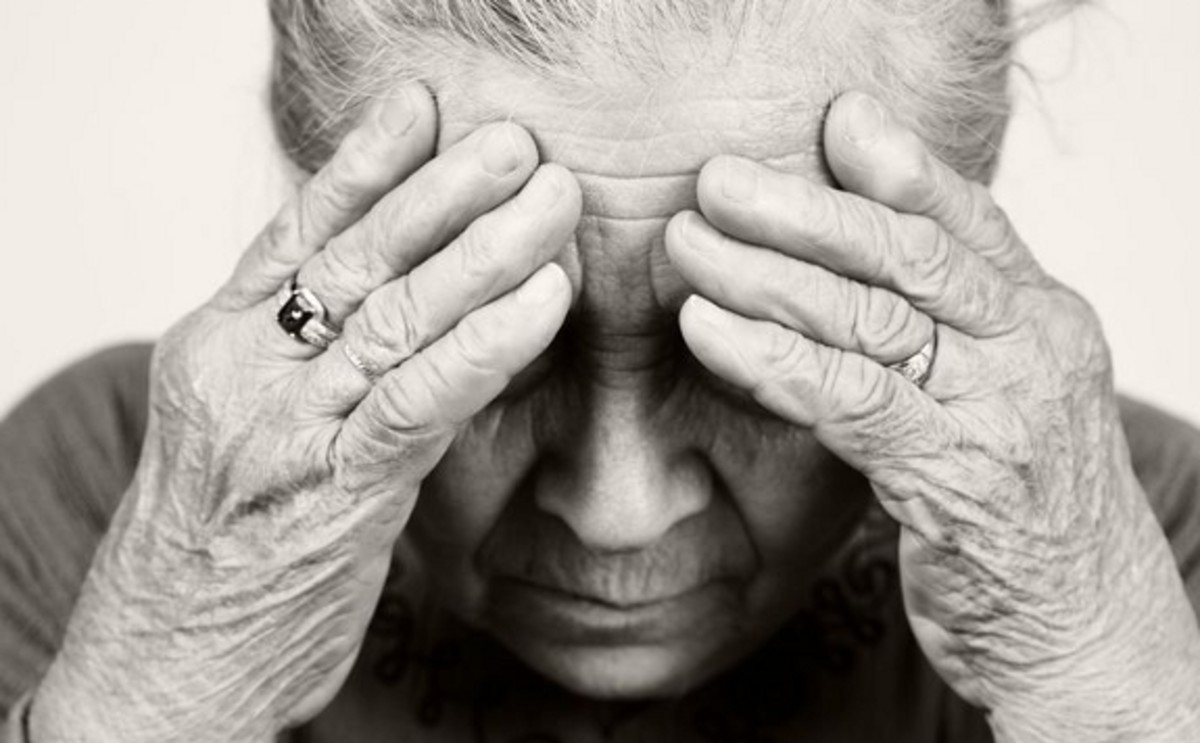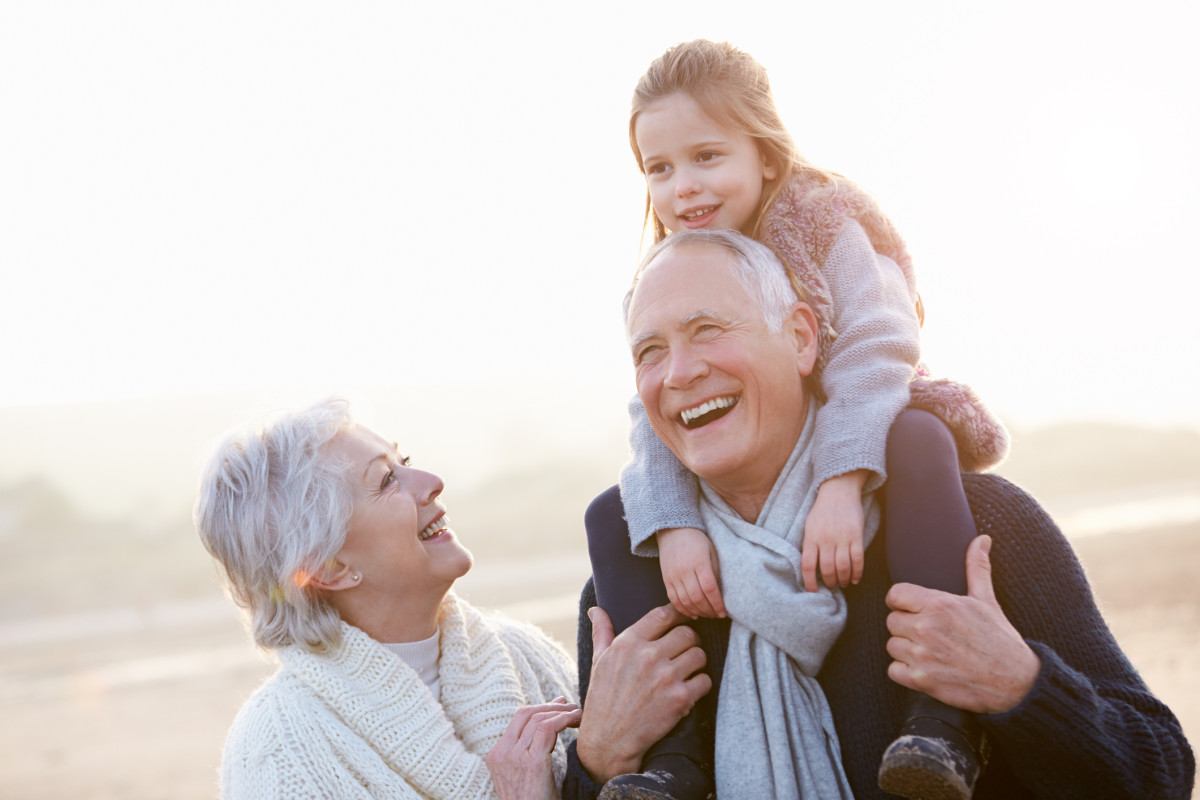How to Prevent Abuse of the Elderly
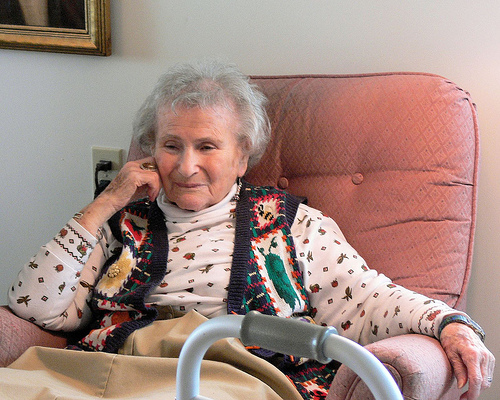
We all would like to think that when we reach old age, there will be someone kind and considerate who will support and care for us if the need arises. In some cultures, parents and grandparents are looked after by family, often in the family home. Sadly this doesn't happen everywhere, and in the UK for example, it is not unusual for the elderly to have little and sometimes no help from family in their latter years.
My sister and I help to look after my father who has a chronic illness and is housebound, but because we have other commitments, we can only do so much. After struggling for a while, we decided to seek the help of our local social services department who fully understood our dilemma. A meeting and care package followed our request, and now my father has carers coming into his home three times a day to help us meet his needs.
My father has mobility problems, and spends all his days sat in a chair connected to oxygen. He is also partially sighted because of macular degeneration, and can become very frail with repeated chest infections. I am quite concerned that I can not be there for him all the time. I have met three out of his five different carers, and on face value they seem like nice people.
Because I am not there all the time, I only have my father’s word that everything is okay with the people that come into his home. He doesn't like any fuss, and has been known to tell little white lies occasionally to avoid confrontation.
UK Charity for Elder Abuse
- Action on Elder Abuse Home
United Kingdom charitable organisation giving help and information about the abuse of older people
He not only has carers coming into his home, but a community matron, a community nurse, people who deliver oxygen, people who deliver his food, his doctor, a warden, a chiropodist, sometimes paramedics, and of course my sister and I. In the last year alone, some toiletries have gone missing in his home, some carers leave before they have done all their work, some have refused to do menial things on my father’s request, and on several occasions my father has become upset with a carer’s attitude.
He is vulnerable, like so many of our elderly citizens, and this has prompted me to discuss how we can prevent elder abuse, not just for our relatives, but for any elderly person who lives alone too. To avert something bad happening to your loved ones, you must be aware of what constitutes abuse in the first place and what is most likely to place someone at risk.
Confined to a Bed when Aged
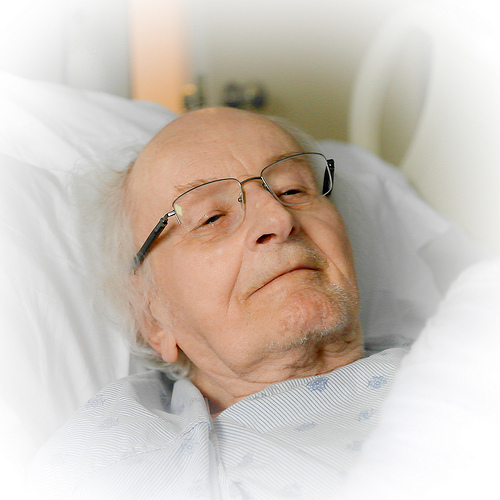
Elderly people can become vulnerable for a variety of reasons such as:
- Chronic illness
- Mental disability
- Poor hearing
- Poor eyesight
- Lack of mobility – sometimes confined to a chair or bed
- Living alone
- Dysfunctional family issues or no family contact
If the elderly have any or all of the above vulnerabilities, they cannot defend themselves so well should the need arise. If they live alone there is no one to protect them from others. When we think of elder abuse, we tend to think of the physical type, but there are other forms of abuse that perhaps we don’t consider such as:
Mental and Verbal Abuse
Mental or psychological abuse is silent and can be extremely distressing. Both types of abuse are not uncommon, especially in care homes by care workers. I have witnessed verbal and psychological abuse within a geriatric ward, at a hospital I worked in many years ago. It can take many forms such as:
- Making threats
- Mimicking/mocking
- Racist remarks
- Ridiculing
- Making an elderly person wait a very long time for something
- Harassing
- Forcing the elderly to believe something that is not true
- Ignoring
- Shouting
Elderly Abuse Caught on Video
Physical and Sexual Abuse
We have all seen alarming footage of physical abuse by carers or workers, especially in an elderly person’s own home and care homes. Slapping, kicking, pushing, pinching and thumping can happen on a regular basis to an elderly person who is vulnerable. We also have to take on board that it’s not impossible that an elderly person may be sexually abused.
Neglect
Neglect can also take many forms, but some of the most common are:
- Failure to ensure the elderly person is washed adequately
- Leaving the person in dirty clothes
- Failure to help with oral hygiene, hair care, nail cutting,
- Failure to attend to medication needs or over medicating
- Failure to get the correct help for certain situations e.g. calling out a doctor
- Failure to attend to dietary needs
- Failure to address safety needs
Theft and the Elderly

Financial Abuse
Cunning family and carers can also cheat an elderly person out of their money by such behaviors as:
- Stealing credit cards/pin numbers and withdrawing cash
- Stealing property
- Lying to or using deception to obtain money directly from the elderly
- Forging a signature
- Putting pressure on the elderly to change their will/financial affairs
- Exaggerated befriending, claiming inappropriate love, or being emotionally manipulative for personal financial gain
Now we know some of the things that constitute elder abuse, we can look out for signs. Remember that abuse is not confined to care homes or care workers; it can also involve a family member. It is sometimes difficult to be certain, but you should begin to suspect if you see any of the following:
Care Home Abuse Caught on Camera
Signs of Elder Abuse
- Unusual bruising or scars (people may physically hurt someone where the marks are less likely to be seen).
- Broken bones/dislocations
- Burns
- Much more drowsy than usual
- Deterioration into depression, sudden crying, nervousness
- Sudden angry outbursts
- More withdrawn and quieter than usual
- A specific dislike for a caregiver
- Blood on clothing
- Things going missing from the home
- Weight loss
- Dirty hair, hands, body or mouth
- Worsening bed sores or sores generally
- Missing or misplaced bank books, credit cards
- Personal bills, financial letters showing signs of being disturbed
The list of signs is not exhaustive, but you perhaps know the elderly person better than anyone else, and may be the best person to pick up on some of the clues. It has to be said though, that sometimes you may find it hard to get the facts from the victim, as an elderly person may be ashamed or not want to cause any problems or fuss. They may cover up any abuse for fear of reprisal or being moved out of their home. Fear can cause the strangest of behavior!
Check Out the Standards of a Care Facility or Service
How Can You Prevent Elder Abuse?
Now you know what to look out for, you can act if you see anything suspicious, but you can also do everything in your power to prevent elder abuse, given that you know the vulnerabilities. Here are some ideas:
- Read books on elder abuse to gain further knowledge
- Make regular contact with the elder, either by visiting daily if possible, or by phoning on days you can not visit. This vulnerable person needs to trust you, so gain their confidence
- Make a point of meeting anyone who is having direct contact with the elderly person. If a care home or care agency is being used, check them out and ask around if anyone has had any cause to complain. You have a right to know as much as you can, so ask about how the staff is trained or anything else you think is important. Check if standards are being met by the care facility on the Care Quality Commission website (see above)
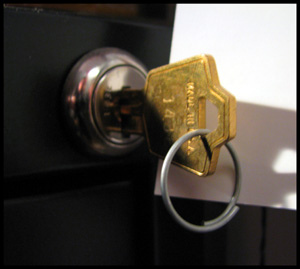
- Try to build a good rapport with the service generally and attend any relevant meetings, usually held in the elderly person’s home. The closer you get to know those involved in the care, the less likely it is that abuse will happen
- If possible, knock on a neighbor’s door and introduce yourself. Ask the neighbor if they would help keep an eye or ear out for anything unusual, and give them your telephone number
- Encourage the elderly person to get out of the house if at all possible, as this helps to build more confidence and independence in that person
- Have a word with your vicar, priest etc, and ask if he would be willing to call into the elder’s home occasionally
- Explain to the elderly person that if he/she is ever unhappy with anything or anyone (even a family member), they must tell you so that you can help them
- Make sure you know what is in your elderly relative’s house, and that you know where they keep any money or valuable items
- With the elder’s permission, ask if you can have your name added to their bank account so that you are able to keep a check on things
- Ask the elder if they would like you to look after any important legal documents and letters
- Buy them a lockable cupboard in which to keep their most valuable or personal items
- Know the care’s professional code of conduct. Ask the social services department or the manager of the caring facility if you can have a copy of the code of conduct
You should never be afraid to approach a care agency manager, care home manager or social worker if you feel abuse is taking place. Actual assault in particular is a police matter, and should be taken very seriously. Even if you have no concrete proof, you should always raise your concerns with those involved. Although it may feel so much harder, the same applies to family members who abuse their elderly relatives. To protect those you love, you have to be prepared to expose anyone who mistreats the elderly.
You can also make a direct complaint to the Care Quality Commission.


